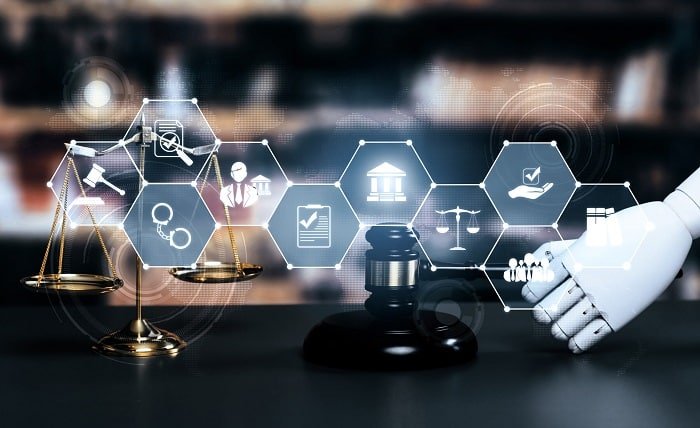How AI is Revolutionizing Legal Teams: An Overview of Key Technologies

In the contemporary world, technology influences almost all sectors of society and so is the case in the legal sector. This isn’t an empty buzzword, as AI is currently one of the most important tools of legal departments. AI helps lawyers work faster and more accurately, allowing them to focus on what they do best: handling complicated legal issues.
AI is not about replacing lawyers but about increasing their capabilities by providing better tools. The application of AI for automation of some work essentially enables lawyers to think more analytically and to engage more with their clients actively.
Understanding AI’s Role in Legal Operations
AI for legal practitioners use artificial intelligence technology, including something known as Natural Language Processing (NLP). This is an AI that is used to enable computers to interpret human languages. NLP is beneficial in law because it can read and analyze thousands of legal documents that will take humans a much longer time. For instance, in a lawsuit, the legal representatives have to go through hundreds of papers in search of information that will be of value to them in the case. AI for legal tools can help search for the required data, marking important parts, and legal terms as well.
Machine learning (ML) is another crucial field of AI in law. It enables computers to develop the capability to learn from experience. ML, in legal applications systems, can predict the likely verdicts of certain cases in court based on past judgements and patterns. This helps lawyers to have an indication of how strong a case is, and thus, determine how to strategize.
Improving the Quality of Legal Operations With AI for Legal
The role of AI in document review goes beyond simply increasing efficiency. It also increases accuracy. Legal languages must be formal and the difference between two document drafts could mean the difference between a win and a loss. AI helps identify any mistakes before they morph into an issue. For example, in contract management, AI technologies search through contracts to determine whether the written terms conform to legal limits and organizational guidelines.
The other major advantage that has been noted by most of the users of AI for legal teams is efficiency. Some of the regions where the integration of an AI system is useful in a legal process include the organization of documents and the scheduling of meetings. This results in faster responses to clients’ needs and an efficient delivery of services across the law firm.
Conclusion
AI is revolutionizing the operations of legal departments by enhancing productivity, reducing risk, and increasing adaptability. AI is not just another trend law firms are adopting, legal professionals are aiming to go further, ensuring they provide the best possible service to their clients.
AI for legal teams is not a question of whether or when it will happen, as this is already a reality. Why not try it out to see what it has to offer?




